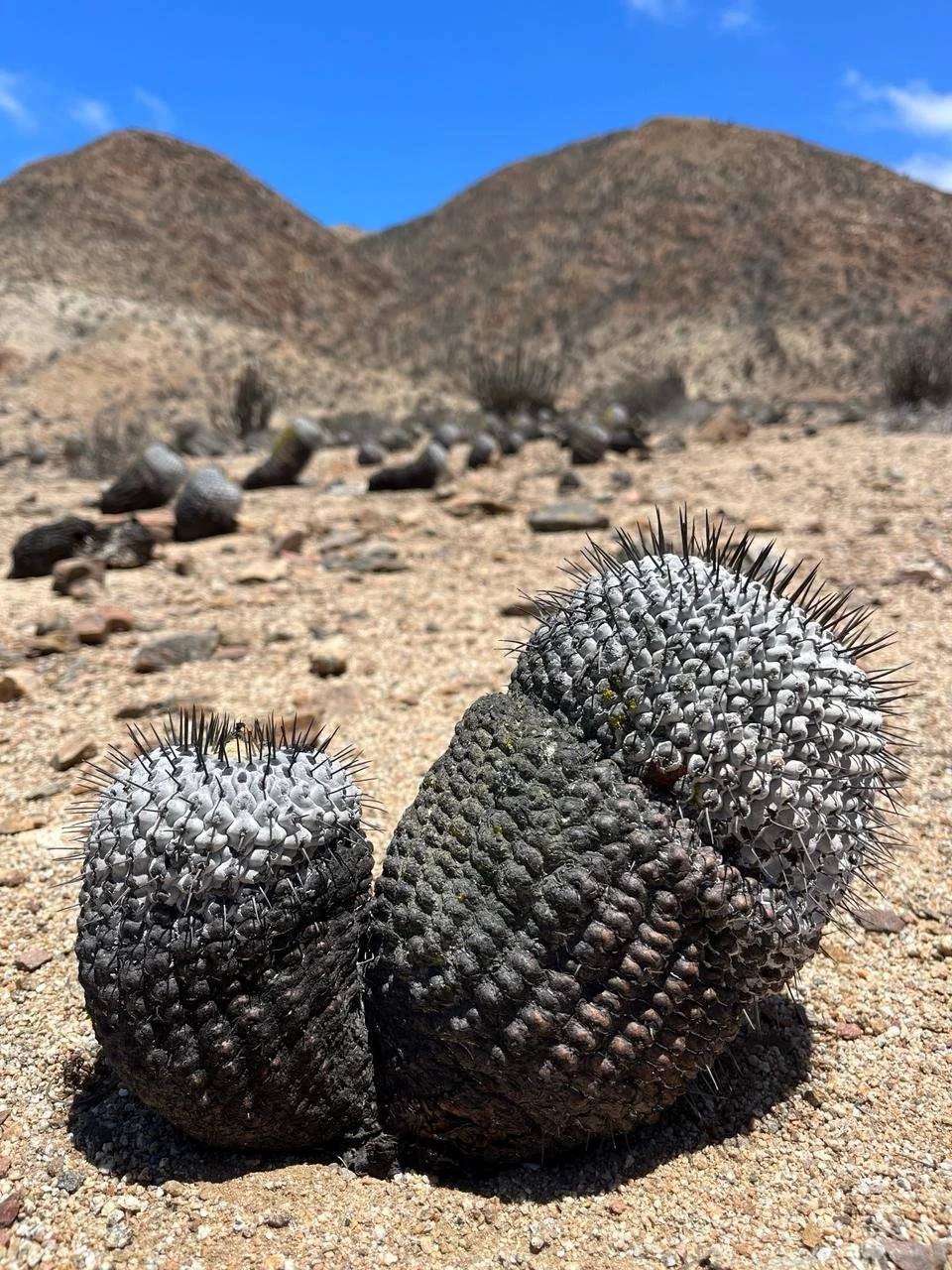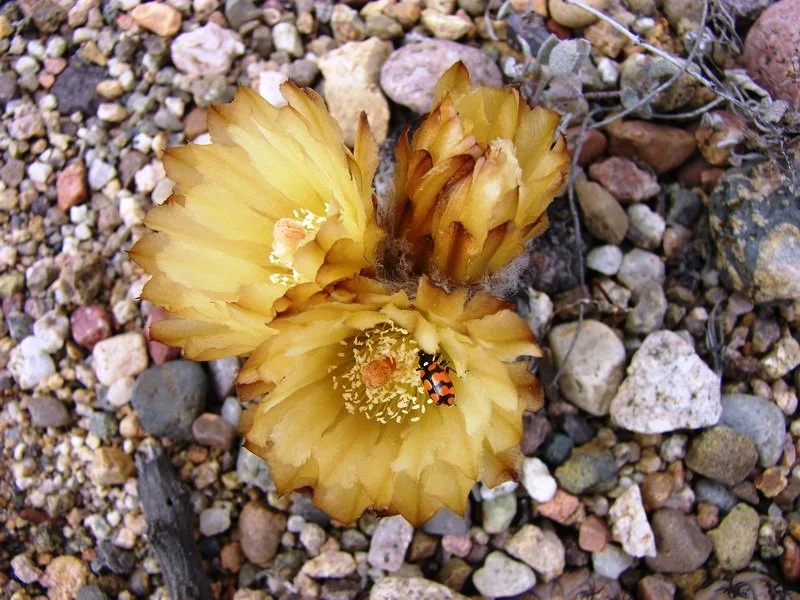Conservation-Litigation.org update: the cacti finally have their day in court
In 2021, Maribel and I read a curious article in the New York Times by Rachel Nuwer: A massive seizure of illegal cacti had been poached from Chile's Atacama Desert, and smuggled to Italy for sale to fanatical gardeners around the world.
That story led us down a wild path, and to court in a picturesque Italian seaside town…
“Over the past 2 years, we have collaborated with passionate cactus growers, scientists and lawyers to bring a unique case. Tomorrow, the Ancona Court will hear our argument, as the cacti have their day in court. ”
Rachel’s article led us to the IUCN’s Cactus and Succulent Specialist Group, the global experts on everything cactus. Chair, Dr. Barbara Goettsch, shared the story of how an international team had worked to repatriate the seized plants to their native Chile.
She also introduced us to Andrea Cattabriga, a passionate advocate for sustainable cactus collecting and conservation. He founded L’Associazione per la Biodiversità e la sua Conservazione (ABC), a group dedicated to cactus conservation that was key to uncovering the case, supporting the Ancona Carabinieri in their identification and handling of the plants. He later worked with Barbara and botanical gardens in Chile and Italy to help to rescue and return the plants.
“Threatened Cacti in the Atacama Desert
The Andean plateau that runs 1,600km along Chile’s Pacific coast is one of the driest places on Earth Yet, the Atacama Desert hosts a vibrant and unique plant life that has adapted to these extreme conditions – including some of the world’s most remarkable cactus species.
Most of these cacti are found nowhere else on Earth, and some of the species seized during this case are narrow endemics. For example, the Endangered Copiapoa grandiflora has a distribution of only 305km2. Other species, such as Copiapoa cinerea, are uniquely slow growing, and some of the seized plants were more than 100 years old.
This combination of narrow distribution, rarity and slow growth are part of what makes these plants so vulnerable to illegal collection for the international trade in ornamental plants. Indeed, cacti are among the most threatened taxonomic groups assessed to date by the IUCN Red List of threatened species: 31% of the 1,478 evaluated species are threatened with extinction. The Attacama is not only a centre of cactus diversity, but also a hotspot of threatened species – specifically driven by illegal harvest for the horticultural trade.”
Copiapoa cinerea subsp columna-alba in its natural habitat in Chile.
Credit: B. Goettsch
ABC is now bringing a unique case – speaking for the cacti in court.
The Association is supported by Conservation-Litigation.org and a pro bono team from the law firm DLA Piper, coordinated by Raffaella Quintana and involving Federico Lucariello, Ornella Belfiori, Francesca Cannata, Maria Chiara Panichi and Matteo Nicolì.
“Our network is currently developing cases like this one across 6 countries. A Green Wave of cases argue this key point – if you harm nature, you can be held accountable for helping to remedy it.”
Serious about the case, Ancona's Carabinieri and Prosecutor brought criminal charges against the illegal traders in December 2023. We have supported ABC to join this legal action as a civil party. ABC is bringing a civil claim against the traders for harming its mission: “to promote concrete actions for the protection of biodiversity, everywhere in the world."
The Ancona court recently recognised ABC's right to speak for nature. This has a wide historical and legal significance: Groups like ABC have a right to take part in criminal proceedings related to offences that harm their missions. It confirms that conservation groups can help give a powerful legal voice to nature’s rights.
If successful, the defendants will have to compensate ABC for the harm to its mission – funds that will be used to protect the repatriated plants and support conservation of protected cactus species threatened by illegal trade.
Regardless of the final outcome of the proceedings, the Court’s admission of ABC as a civil party in this case has a wider historical and legal significance: although allowed under Italian law, this recognition was not a foregone result as case law has not been consistent. This case confirms that groups like ABC have a right to take part in criminal proceedings related to offences that could harm their missions.
“This case confirms that conservation groups like ABC can help give a powerful legal voice to nature’s rights.”
The case highlights that tackling environmental crimes is not just about investing and enforcement, but about creating accountability and securing remedies for harm to nature. That is why we founded Conservation-Litigation.org.
Eriosyce napina, one of the Chilean cactus species confiscated from the traders.
Credit: Jardín Botánico Nacional, Viña del Mar, Chile
Please help to share this important case, whether on Twitter, LinkedIn, or our Press Release with your colleagues.


